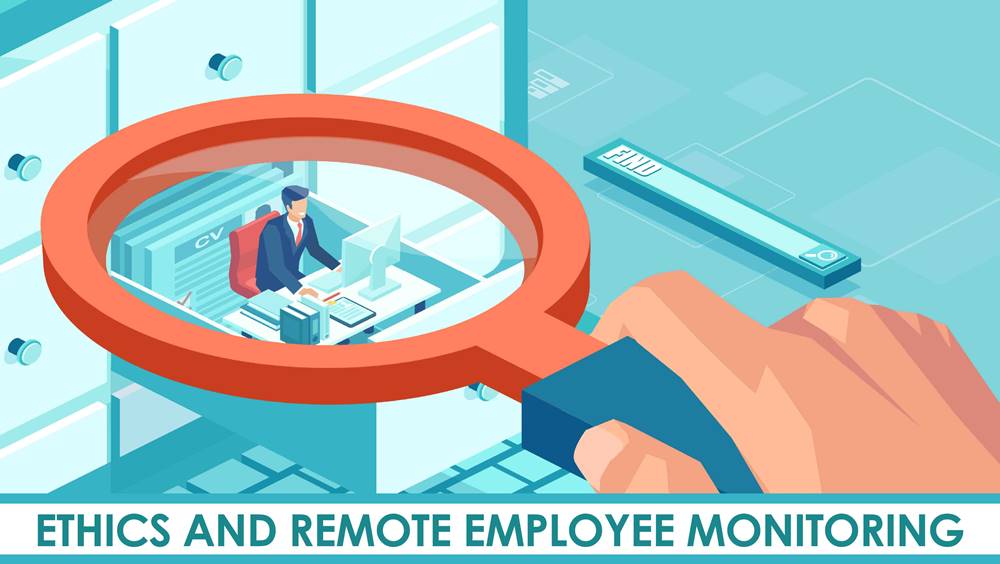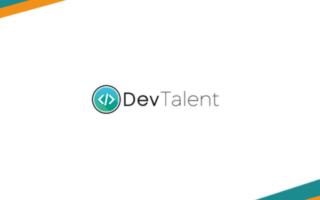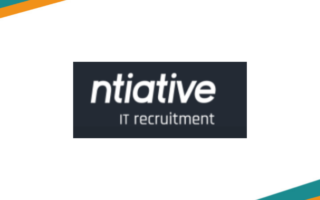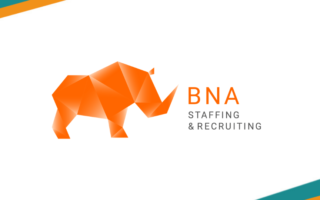Quick Navigation
What is meant by Employee Monitoring?
You might have heard about monitoring methods of surveillance at the workplace. This includes video surveillance, electronic surveillance, computer monitoring, etc. Well, these are those methods that you can use in order to track your employees’ performance. This is known as Employee Monitoring.
However, there is a thin line between monitoring the activities of your employees and invading their privacy. To avoid invading the privacy of your workers, you can use employee monitoring ethics. This will create a transparent system, where the employers and employees will feel comfortable, safe, and productive at the same time.
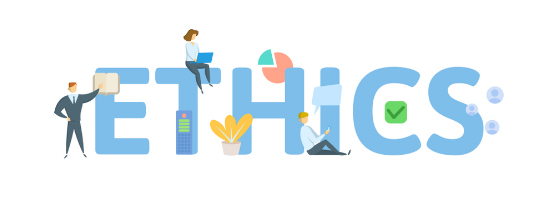
Common Unethical Employee Monitoring Practices
When the whole world is in the middle of a global pandemic, work-from-home has become the new world order. Employers find it difficult to keep a track of their employers’ performance through remote working. However, certain surveillance methods are not acceptable and are considered “unethical.” We have shortlisted some of these for you to understand. We have shortlisted some of these for you to understand.
- Keeping a check on your employees outside office hours
- Monitoring your workers in secret or without consent.
- Gathering their personal data through the surveillance methods and software, especially during remote working.
- Using their data for anything but not business purposes.
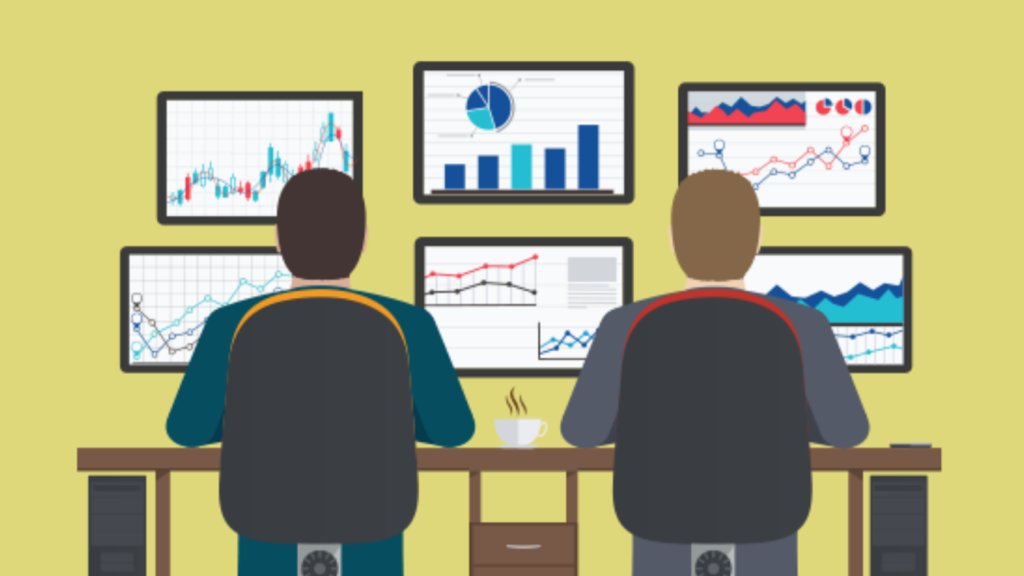
Tips to Maintain Ethics and Remote Employee Monitoring
While many employers are finding it difficult to conduct remote employee monitoring along with ethics. We have suggested some tips that might help you.
- Make Employees Understand the Need for Monitoring in The Contemporary Times: It is very important to make your workers understand the need for conducting surveillance techniques. In order to keep a check on their performances. Keeping a transparent environment from day one is always a good idea. Explicitly mention to them the professional purposes attached to employee monitoring.
- Stick to Your State Laws: While coming up with different monitoring methods and surveillance techniques, you need to keep privacy laws and state labor policies in your mind. The privacy laws of every state might differ from one another. Hence, in the case of remote working, you need to consider the privacy state laws of your country your worker belongs to.
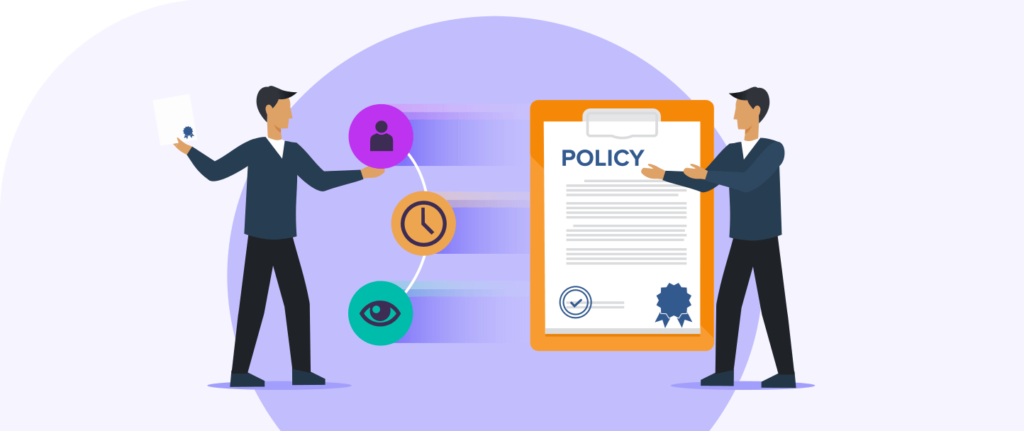
Make a Standard Employee Monitoring Policy
With the help of your human resources team, you need to form a detailed draft of the employee monitoring policy. This is considered a very important step towards ethical employee monitoring, especially for remote working. Your draft will include significant points. For example, the need to monitor your workers, the type of method you will be using, the time frame they will be monitored, etc.
Find a good workplace computer monitoring software here



